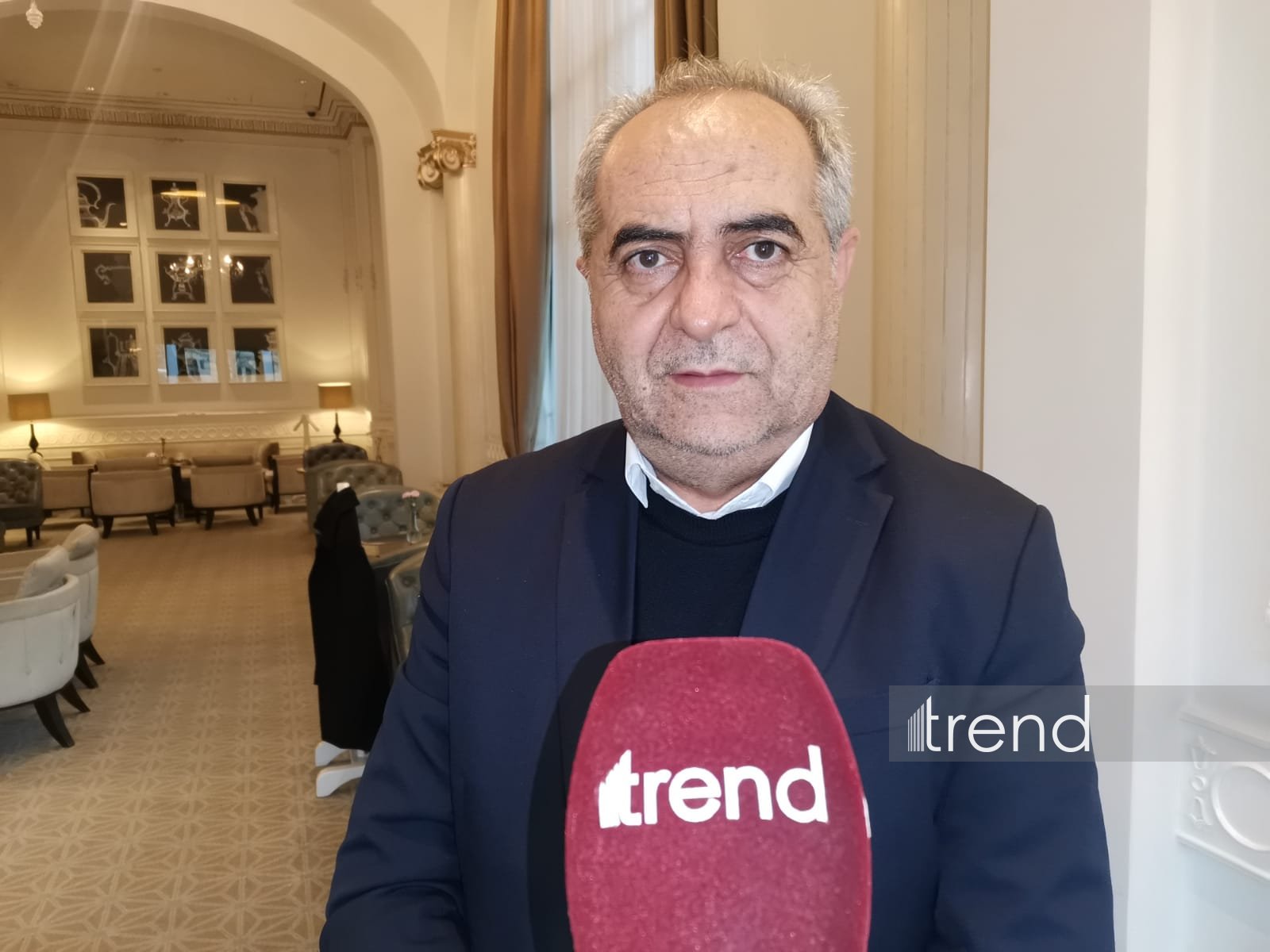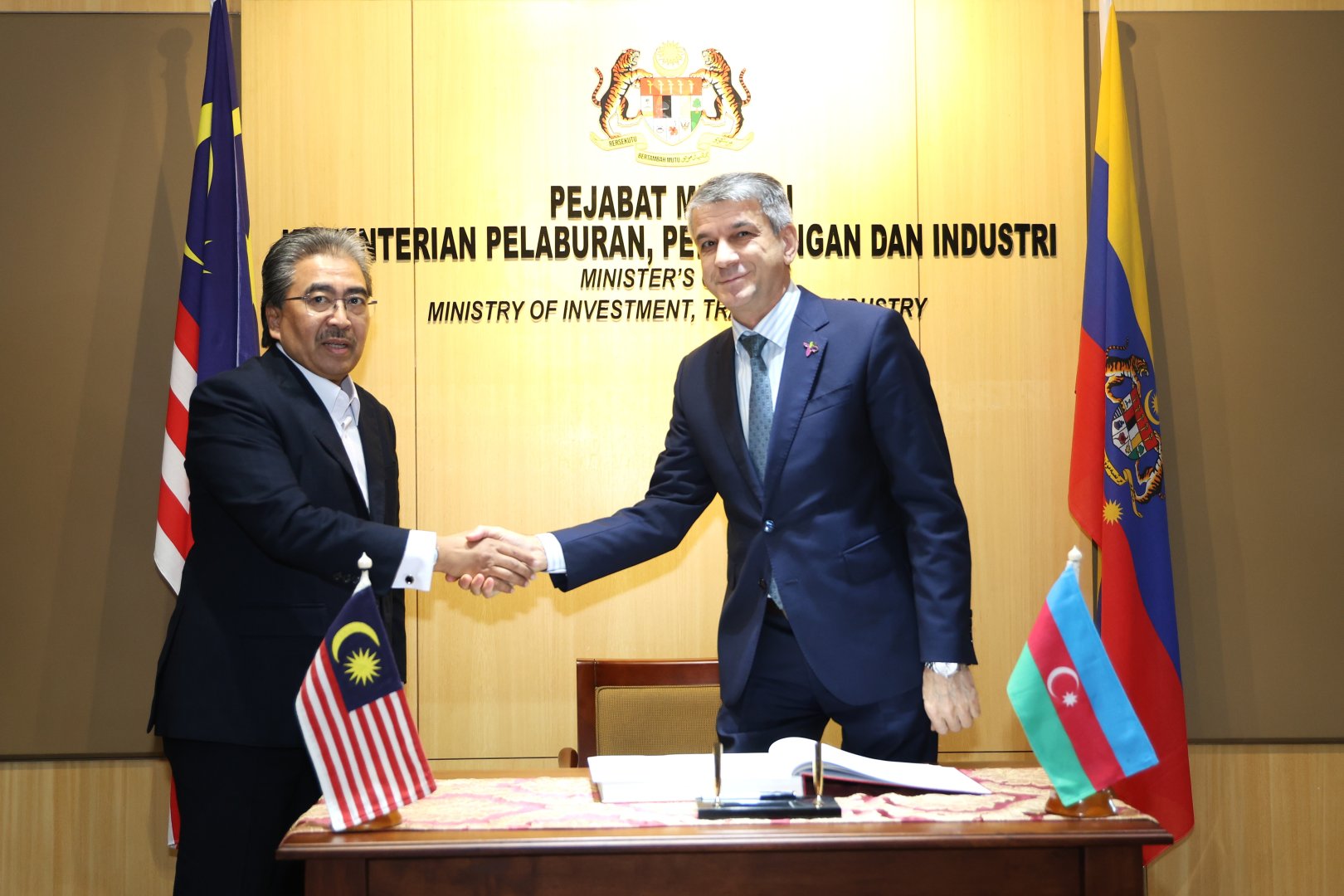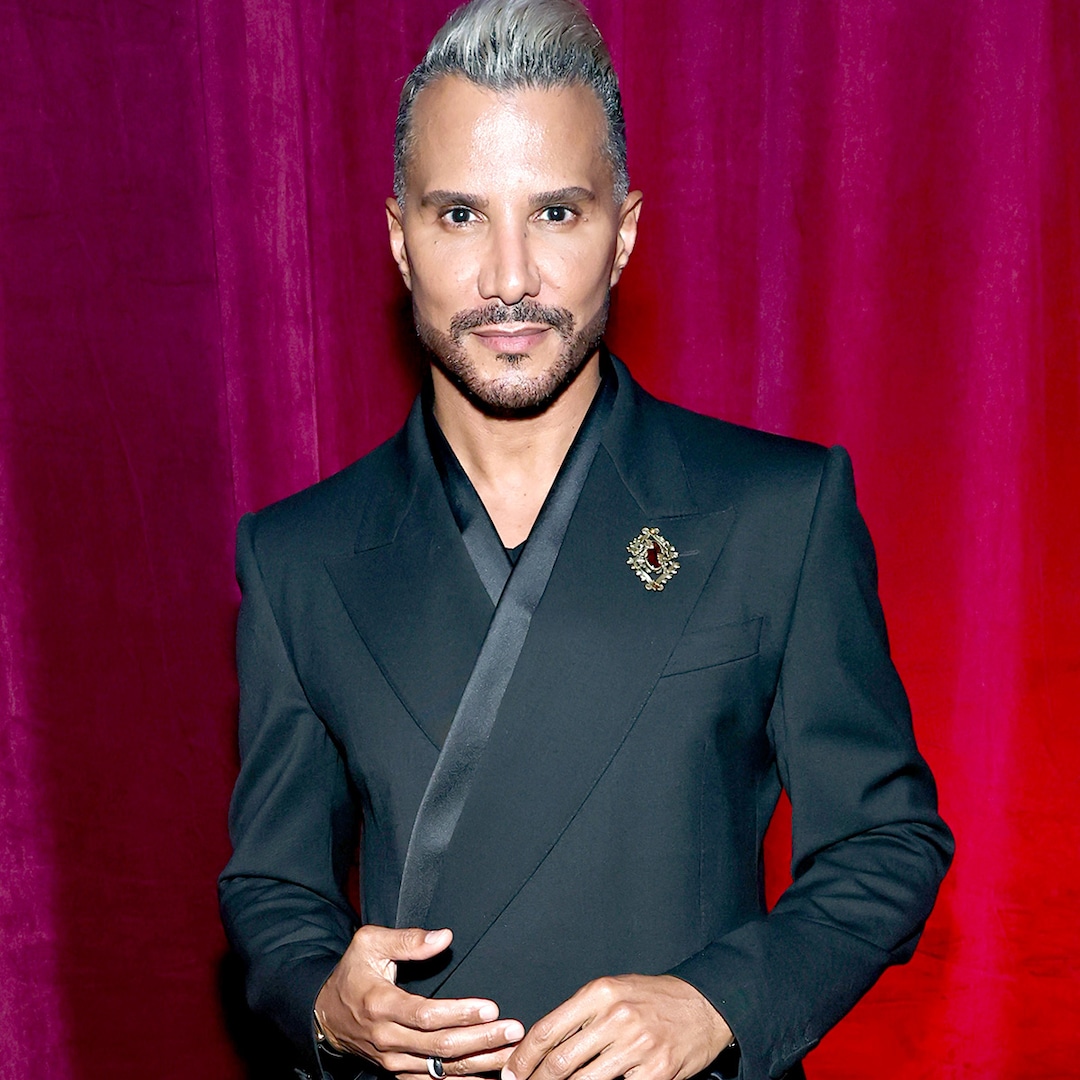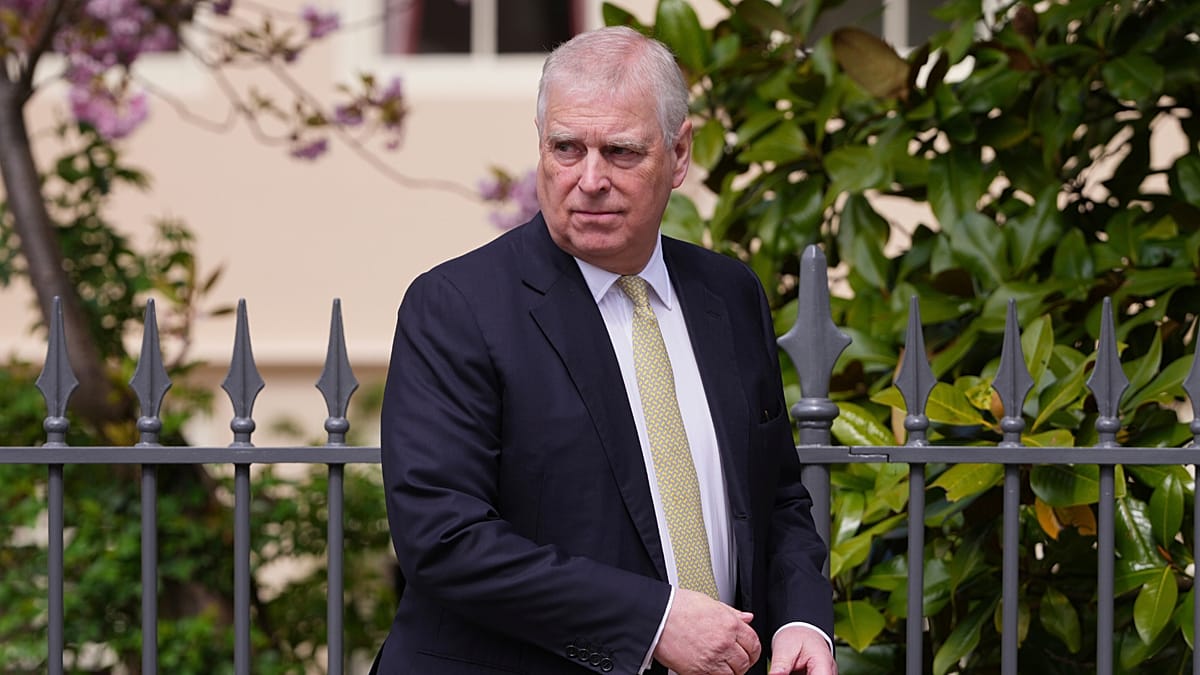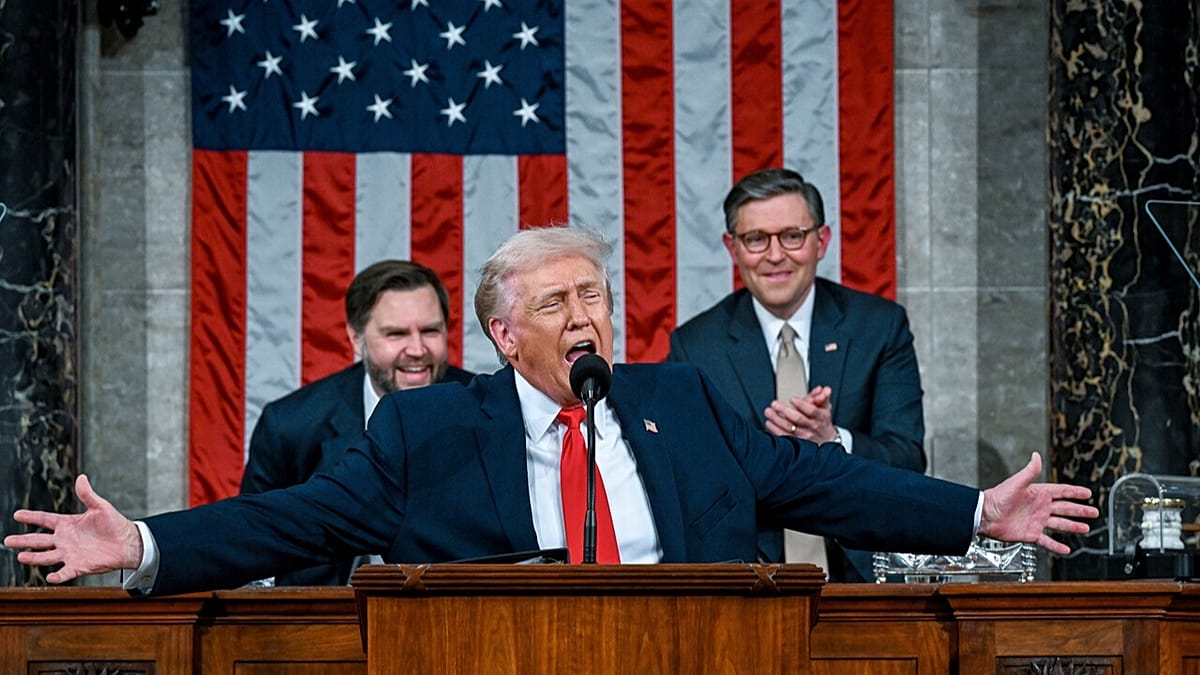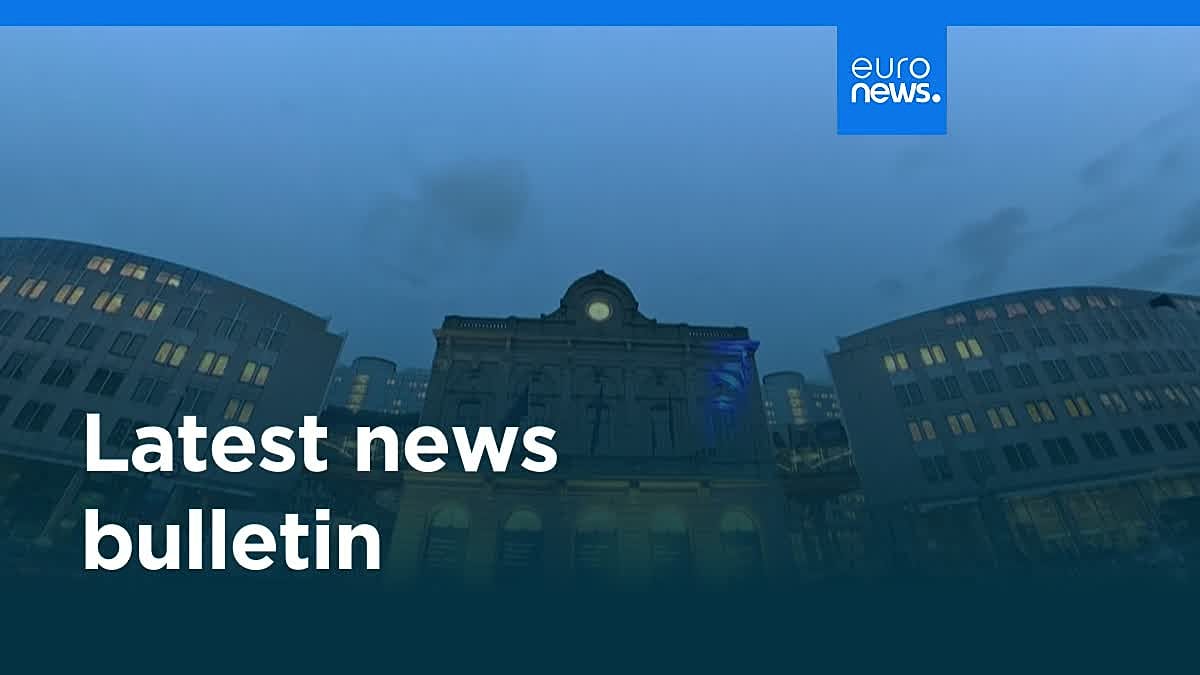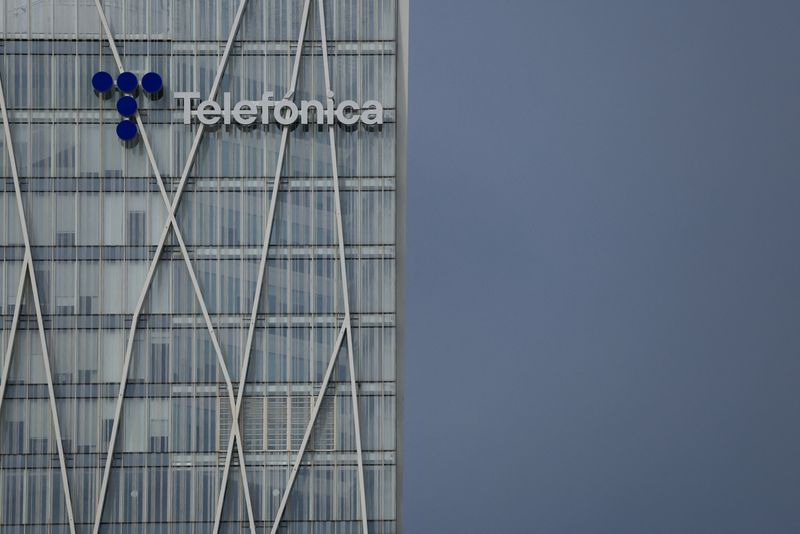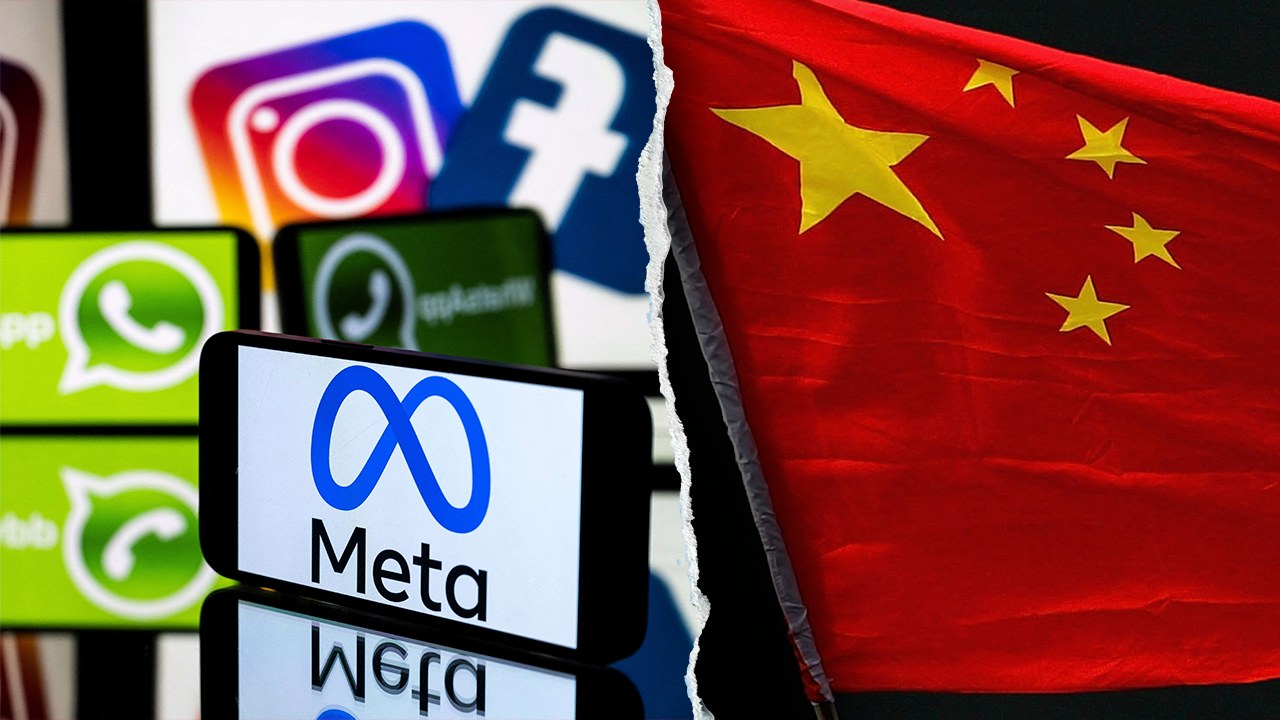Mamdani’s new anti-business bogeywoman: Lina Khan
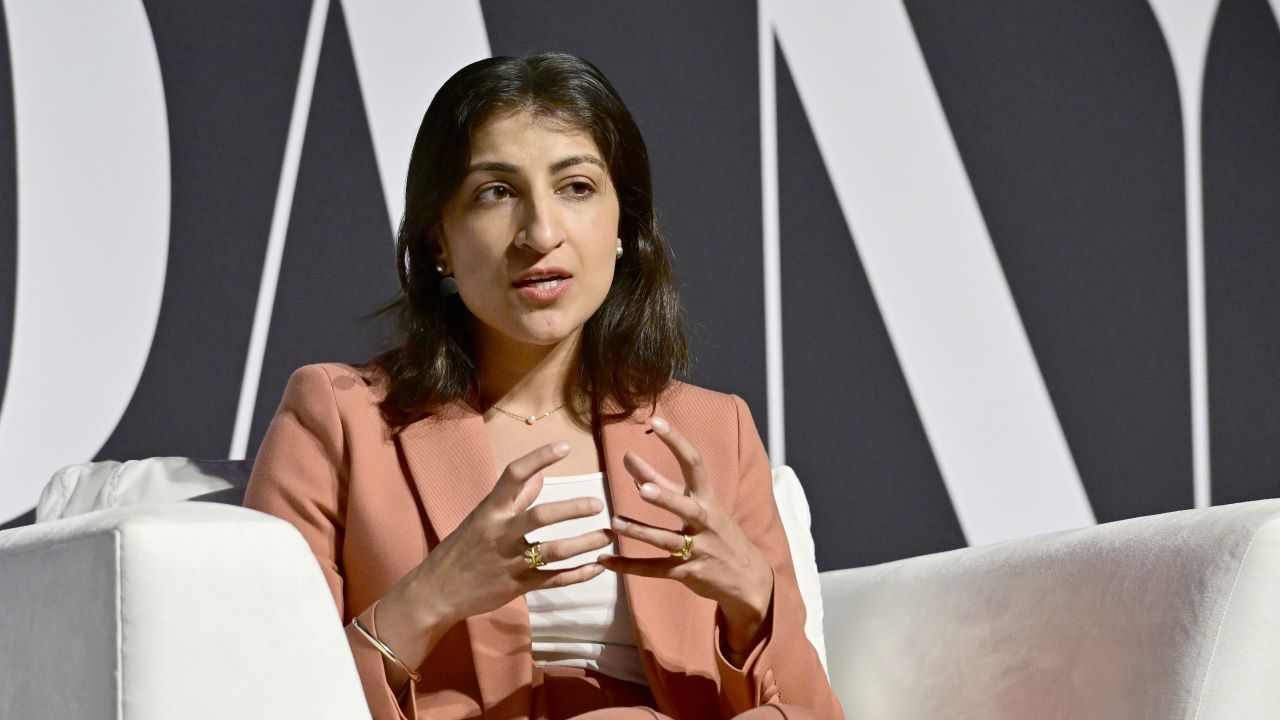
Joe Biden’s most prominent far-left antibusiness attacker is now shaping the transition of the financial capital of the world, which could reverse the push begun by former Mayor Michael Bloomberg to make New York City the East Coast version of Silicon Valley.
New York City mayor-elect Zohran Mamdani may chase away the companies he needs to pay for his big government socialism by naming an anti-business antagonist, Lina Khan, as co-chair of his transition team. Khan is the former Federal Trade Commission Chair under President Biden, with a long track record of attacking businesses.
"It’s like hiring a trust-buster to plan your honeymoon with big tech," one policy analyst has joked. "You know it’s going to be intense."
Mamdani, a former state assemblyman from Queens who has never worked in the private sector, praised Khan as "a brilliant legal mind" who "understands how unchecked corporate power can distort public priorities."
NYC'S GRIM PICTURE POST MAMDANI: LARRY KUDLOW
Khan said of his victory: "What we saw last night was New Yorkers rejecting a politics where outsized corporate power and money dictate our future."
Big Tech companies now employ thousands of workers who pay a lot of taxes to the city. New York is now home to 14,000 workers at Google’s Hudson Square campus, and thousands at Meta’s offices, while Amazon’s expanding its logistics network.
But Khan has attacked all of them with lawsuits and court actions as Biden’s FTC chair.
Khan sued Meta alleging that the Mark Zuckerberg led company maintained monopoly power through its acquisitions of Instagram and WhatsApp.
She sued Amazon accusing it of abusing dominance in e-commerce (among other practices). A federal judge ruled in October 2024 that the FTC can proceed with its case that Amazon operates as an illegal monopoly.
BIZ LEADERS FEAR CRIME AFTER MAMDANI WIN
Khan has also publicly voiced that large "acqui-hires" by firms like Meta, Google, and Amazon to pick up teams or technology may be subject to antitrust scrutiny.
It’s not just big tech. Khan has also gone after large non-tech mergers like Kroger and Albertsons.
A House-Committee staff report slammed Khan, finding she "sidelined career staff expertise, prioritized ideological aims over sound enforcement, and fostered a culture of fear and low morale" at the FTC.
Commentary magazine wrote Khan "never grapples seriously" with the constraints regulators face and undermined "due process" and established norms at the FTC. Khan has been accused of operating with "unchecked power," and of blurring regulatory/enforcement roles in ways that raise due-process concerns
Khan’s academic work and regulatory approach also have been criticized for ignoring or misapplying economic models. Her 2017 article "Amazon’s Antitrust Paradox" was accused of mis-handling the economics of two-sided markets because she didn’t account for pro-competitive effects.
The tech workforce is mobile. If Big Tech firms conclude that growth in New York City may be impeded by regulation or higher costs, they can easily choose to hire or expand elsewhere like Austin, Miami, or Boston, weakening the city’s tax base, setting back the push to make New York a growth hub. Startups and growth-stage tech firms in New York City also may also fear higher costs or talent migration if the city becomes perceived as less friendly.
The New York State legislature has the power over raising taxes in New York City, not Mamdani or his far-left activist city council. But what could a socialist city administration, constrained by state law from imposing new city taxes, actually do to businesses instead?
City Hall controls procurement contracts, data-use standards, AI-deployment rules, zoning, and the narrative that shapes where big tech talent wants to work.
A senior operations director at a major platform, who didn’t want to be named, put it bluntly: "If the mayor starts framing big tech as a villain, that affects recruiting. Engineers can live anywhere now. It matters."
GET FOX BUSINESS ON THE GO BY CLICKING HERE
By December, Mamdani’s full transition blueprint will be public. Until then, the city’s tech elite is in a holding pattern — watching every statement, every hire, every hint of what kind of partnership, or confrontation, lies ahead.
